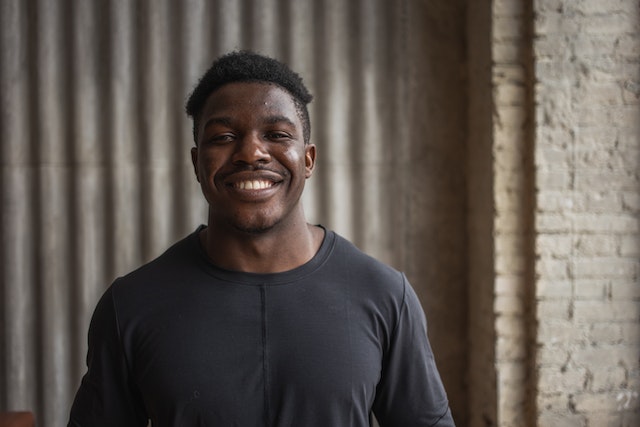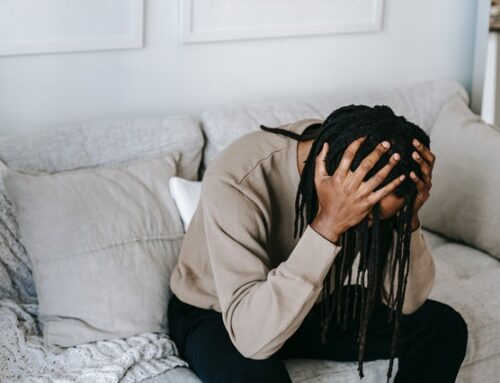If you recently had an official diagnosis of Generalized Anxiety Disorder (GAD), you might feel confused about what to do next. You know that treating it is possible through medication, but maybe you don’t want to go down that route. Or maybe you are treating it with medication, but you want to find more ways to find relief from it. In either scenario, you may look for natural ways to relieve anxiety. But is that even possible?
It absolutely is. Anxiety is a natural response to stress that our bodies go through. Sometimes, the wires in our brains get crossed, becoming a chronic condition. Even in cases of GAD, it is possible to find natural relief. Here are five tips that can help you reduce anxiety.
1. Journaling
This is a favorite for many people. Journaling is not the “Dear diary” type of writing that may come to your mind. Instead, it can be as simple or complex as you want. For some people, their journaling process includes quickly scribbling the stressful and anxious thoughts they feel throughout the day. This can help release these thoughts so they aren’t circling in the brain.
Some people find it helpful to write their anxious thoughts down and then make a second column with “What evidence do I have of this happening?” Journaling is a great tool for in-the-moment relief and learning to retrain your brain to look at your anxiety differently.
2. Deep Breathing Exercises
Anxiety activates the nervous “nervous” system. It can make someone feel physical symptoms such as a racing heart, altering breathing patterns, and feeling sweaty. As the brain starts thinking anxious thoughts, it affects the body, too. This is something that naturally happens, but it also has a very natural solution for relief.
Deep breathing exercises, or guided breathing, are a great natural way to calm your nerves down. Just as your breath becomes rapid and shallow, you can calm anxiety by using deep and slow breaths.
There are a lot of different guided breathing exercises you can look up on Youtube that should be very helpful. It’s best to practice these when you are in a relatively calm state of mind. This way, when you are feeling ramped up, you will know exactly what to do when your anxiety is trying to get the best of you.
 3. Grounding Techniques
3. Grounding Techniques
In therapy, we often use the term “ruminating thoughts.” This is when the brain stays fixated on certain thoughts and cycles through them rapidly—causing someone to have their anxiety levels skyrocket. Grounding techniques help to counteract this, as they distract your mind by forcing it to think about something else. A great one to try is the 5-4-3-2-1 grounding technique.
- Find 5 things you can see
- 4 things you can hear
- 3 things you can touch
- 2 things you can feel
- 1 thing you can taste (even if you have to chew on a piece of gum.)
Going through these motions will help you take your thoughts away from what is bothering you for a long enough time to get relief.
4. Exercise
Exercise isn’t just good for the body—it is great for your mind, also. Exercising releases feel-good endorphins into the body. These endorphins, such as serotonin, can help your happiness levels rise and your stress levels decrease.
5. Counseling
Sometimes, we all get stuck in a frame of mind that we have no idea how to get out of. Anxiety is no different. If you are trying everything you can think of, and no relief is coming, I would love for you to contact me to learn more about anxiety therapy. Together, we can find the right solution for you and your life.




